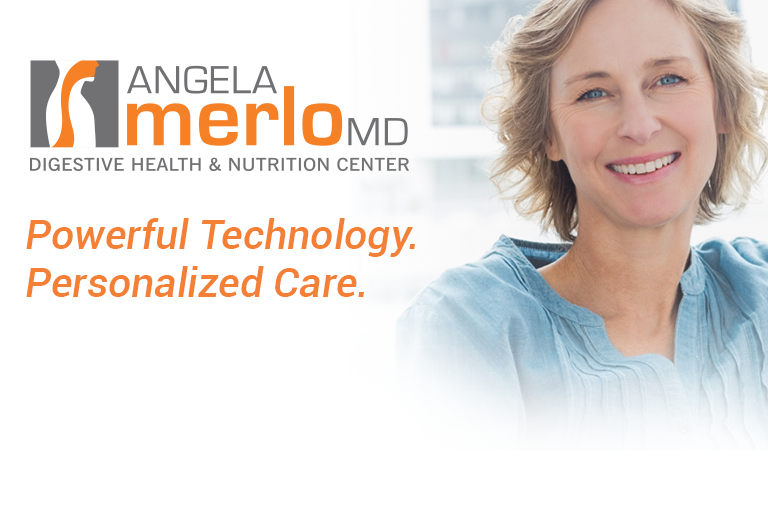Small Intestine Bacterial Overgrowth (SIBO) | New Jersey Gastroenterology
The Digestive Health & Nutrition Center has two convenient locations in Lawrenceville and Princeton, New Jersey where you can receive the exceptional care you deserve. Angela Merlo, MD is an expert Gastroenterologist renowned for her ability to diagnose and treat bacterial overgrowth in adults as well as children.
What is Bacterial Overgrowth?
Bacterial overgrowth is really small intestinal bacterial overgrowth. The colon or large intestine naturally harbors a blend of bacteria that is thought to be unique for each individual and vital to health. However, very few bacteria usually inhabit the small intestine. Bacterial overgrowth is the condition when an unusually high number of bacteria are in the small intestine. The small intestine is where most digestion and absorption of nutrients occurs. The presence of an overload of bacteria in the small intestine can interfere with these vital functions. The result is malabsorption of certain fats, carbohydrates, even proteins and certain vitamins such as vitamin A, D and B12. Affected individuals may feel:
- Bloating
- Abdominal pain
- Diarrhea
- Indigestion
- Weight loss
What Causes Small Intestinal Bacterial Overgrowth?
There are natural mechanisms that prevent bacterial overgrowth such as:
- Stomach acid and bile that destroy bacteria
- Digestive enzymes that destroy bacteria
- Mucus lining the gut that traps bacteria
- Normal gut motility that sweeps bacteria out of the body with stool
- Muscular valve at the end of the small intestine that prevent contamination from colon
- Immune system destruction of bacteria
Many medical conditions predispose to the development of bacterial overgrowth by interfering with any of these mechanisms. Some common conditions that may lead to bacterial overgrowth are:
- Gastritis with lack of stomach acid
- Medications that suppress acid production
- Lactose Intolerance or inability to digest and absorb lactose
- Irritable Bowel Syndrome (IBS) that alters gut motility
- Diabetes that affects the muscles of the intestines
- Strokes that reduce gut muscle activity
- Loss of the muscular valve at end of small intestine by surgery or with age
- Deficiency of IgA that play a vital role in the immune system of the gut
How is Small Intestinal Bacteria Overgrowth Diagnosed?
The best test currently available is the breath hydrogen test. This test is non-invasive and readily available at the Digestive Health & Nutrition Center. Dr. Merlo is expert at performing this test and interpreting the results. Breath samples are collected at twenty minute intervals following the ingestion of lactulose. Dr. Merlo has the instruments to analyze your breath samples during the test so results are available the day of your test. Dr. Merlo will formulate a proper treatment plan that is right for you before you leave the office.
What is the Treatment for Small Intestinal Bacterial Overgrowth?
Control of bacterial overgrowth may require dietary changes, medication changes, vitamin supplements and even short courses of antibiotics. Occasionally probiotics are helpful. Ask Dr. Merlo what treatment is best to restore your health.
If you are experiencing symptoms or suspect bacterial overgrowth, contact the Digestive Health & Nutrition Center in Lawrenceville or Princeton, New Jersey today for an appointment. Dr. Merlo will expedite your care.






